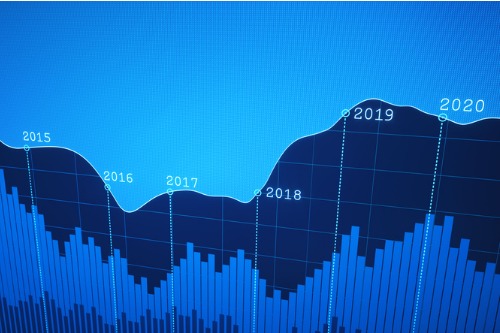Fourth quarter sentiment endures despite geopolitical and economic uncertainties

Commercial real estate executives are generally upbeat about the market as we head into 2020.
The Real Estate Roundtable’s 2019 Q4 Economic Sentiment Index slipped 1 point from the previous quarter to a reading of 49; on the 100-point scale a score of approximately 50 is deemed positive.
Survey participants remain confident in stable market fundamentals, but are concerned about recession talk, troubled international markets and politics.
The component tracking sentiment regarding current conditions held steady from the previous quarter at 53, while the future conditions metric decreased 3 points to 45.
"Our Q4 Sentiment Index shows that macro real estate markets remain fundamentally sound and reasonably leveraged, with balanced supply and demand," said Real Estate Roundtable President and CEO Jeffrey DeBoer. "The markets continue to benefit from business and consumer spending, encouraged by low unemployment, rising wages and low energy prices."
Outlook for 2020
Almost two thirds of respondents (62%) believe markets conditions will be about the same or better in 2020 and approximately 82% of respondents see today's market as about the same or better compared to the same time last year.
More than 65% of respondents anticipate asset values to maintain their current level or be somewhat higher going into 2020.
Half suggested asset values increased over the past year but respondents say that the number of buyers for assets is decreasing, a factor which is creating challenging selling and buying circumstances.
"Real estate leaders cautiously await the outcome of several unpredictable influences on the global and domestic economies,” DeBoer added. “Despite the uncertainty, US real estate markets have shown consistent stability, which positions them well to withstand potential economic gyrations in the future."
He said that "Washington policymakers need to keep their focus on policies that encourage long-term job creation and support economic growth in local communities."



